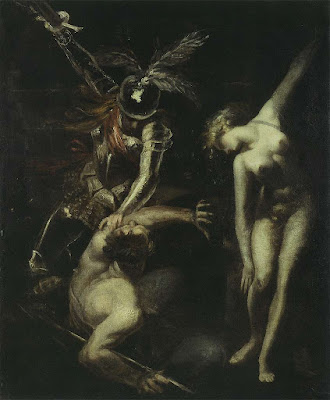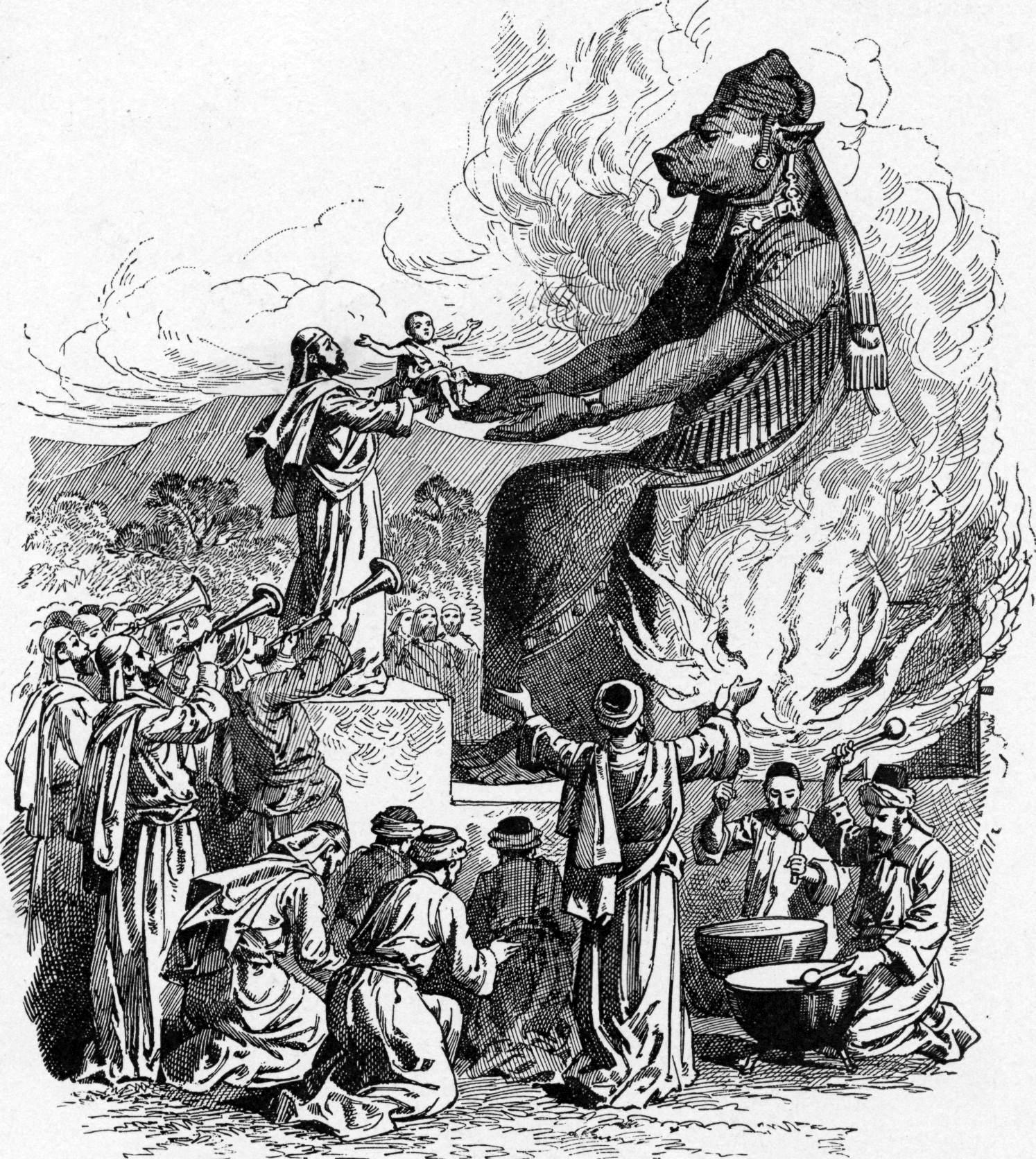I am more than a little ashamed to say that I have been reading Elliot Rodger’s “manifesto,” or autobiography, online. It looks like rubbernecking at an accident scene, and perhaps it is. Rodger is the California mass killer who introduced us to the concept of the “incel”—the involuntarily celibate young male. In theory, I was reading to see if he showed any signs of conscience or of conflict. According to Catholic doctrine, we all have a conscience; we know innately right from wrong. We are all responsible for our acts. Anyone like Rodger who deliberately does great wrong must have made a conscious moral choice against conscience. This contradicts modern psychology, which insists instead that at least some of us—“psychopaths”—simply have no conscience. Who is right?
Others have accordingly sought to explain Rodger’s actions without reference to conscience. A selection of justifications found online: he was mentally ill, and that made him do it. It was a result of how our society objectifies women. It was the fault of his parents for not keeping closer tabs on him and getting him help. If only others had been kinder to him, he would not have done it.
Let’s look at each.
1. He was mentally ill.
Rodger had apparently been seeing psychiatrists since he was eight or nine, and had even been prescribed “anti-psychotics,” but he had been given no formal diagnosis. This is striking. He presumably did not fit clearly into any recognized category of mental illness.
Being prescribed “anti-psychotics” does not tell us much. What we call anti-psychotics are really just major tranquilizers. Someone comes in and indicates that they are deeply upset by their own thoughts, it is the obvious prescription. Calm them down. There is no reason to believe he was ever psychotic.
After the fact, he is being diagnosed with “Asperger’s syndrome,” which basically just means being socially maladroit. He was certainly socially maladroit. But there is no known association of Asperger’s with violent tendencies.
Reading his autobiography, he is obviously and extravagantly narcissistic. He loved himself, and hated everybody else. But I can see why this diagnosis was not given. Narcissists usually do well socially. They are highly manipulative, and so generally get what they want. Rodger was incapable of manipulating people. This may indeed explain why he, unlike other narcissists, became violent.
I’d suggest a diagnosis of narcissism plus Asperger’s.
But the question then is whether narcissism is genuinely a mental illness, or simply choosing to be selfish. If you call it a mental illness, you have, in effect, removed morality as a consideration in all human affairs; for being selfish is simply the traditional definition of being morally bad. It is the violation of the Golden Rule: you are not loving your neighbor, not doing unto others as you would have them do.
Conclusion: if Asperger’s is a real mental illness, then mental illness was a contributing factor. But even then, it did not make him do it. People with Asperger’s are no more violent than anyone else.
2. It is because society objectifies women.
This the inevitable feminist response.
Rodger certainly objectified women. He only wanted sex from them, but hated them. At the end of his autobiography he suggests they should all be put in concentration camps and starved to death. But he also objectified men. He saw everyone as an object, which either was or was not of some use to him. Most of his actual victims in the shooting were men. They were no doubt of less use to him.
He certainly did have an obsession with sex, but sex objectifies both men and women. It is a matter of using another’s body for physical gratification, thus treating another as an object. And the obsession with sex is endemic to our culture. But this is no more a case of men objectifying women than of women objectifying men.
So is the social preoccupation with sex the problem?
I think so. Society as a whole is guilty here of creating a climate in which we objectify one another. Rodger’s conscience was poorly formed on this point. He considered himself entitled to sex once he had reached adolescence, and assumed everyone else was doing it. Had the message of society been, as it used to be, that sex before marriage and purely for recreation was improper, this might not have been so. The commodification of sex surely encourages narcissism in general.
However, it also looks as though, had this been the case, he would soon have found some other ground for grievance, given his sense of absolute entitlement. He literally considered himself unjustly treated when he did not win the lottery. Had it not been sex, it would have been poor grades, or not getting promoted.
3. It was the fault of his parents. They should have been keeping closer tabs on him.
This from a panel of psychiatrists.
Not reasonable. They already had him in psychiatric treatment. He had counsellors all along. His mother could not have been any more present in his life unless he had been still living with her. She was available immediately on call, and, by his own account, immediately gave him anything he wanted. His father and grandparents were all taking him places and giving him things. His mother also became suspicious and notified the police of her concerns weeks before the shooting. It is hard to imagine what more she or his family could have done.
They might instead be faulted for being too indulgent. He got every desire met as soon as he expressed it. Surely this promoted his sense of absolute entitlement. Now he desired sex; it was not being provided. This was immediately seen by him as an injustice.
Does this absolve him of blame? I don’t think so. It is a temptation; it would not compel the assumption of entitlement. Others, with the same kind of upbringing, can develop a sense of guilt over it, and feel an obligation to “pay something back.” Moral choice seems to be involved.
His parents’ omnipresence and concern may also have played a part in Rodger’s “Asperger’s.” They arranged his social life for him in detail, from his infancy, finding friends and arranging “play dates.” Friends were just another commodity he had supplied to him on demand. As a result, he never learned to form friendships, or of the need to do so. And after a certain age, it no longer worked this way.
4. People should have been kinder
This is Rodger’s own claim, and others have taken it up. Notably, other copycat killers.
But there is no sign in his autobiography that others were actually unkind to him. The reverse: he was consistently unkind to others. If he considered them inferior, he would scorn them. If he considered them superior, he would hate them, and actually assault them. It did not matter if they had gone out of their way to be friendly or kind.
There are two references to women supposedly rejecting him in some way when he was young. What male has not experienced female rejection? But it looks as though from this early point, or even before it, he generally hated and avoided women. He just wanted sex without any of the human complications.
Rodger was both visibly rich and good looking. He regularly scored tickets to world premieres, thanks to family connections. He surely could have managed some sort of female companionship if the women involved had had anything to say about it.
He reports that his longtime best—and practically only—friend ultimately rejects him. But one can understand why. He had been regaling the friend with his plans to enslave and kill all of mankind. He would have had to be depraved and profoundly misanthropic himself to stick around. Not to mention the worry that Rodger might turn on him at any moment.
It seems there is no way anyone being kinder or friendlier could have improved Rodger’s attitude or life. It would probably only have made matters worse: giving his ego more oxygen.
But did Rodger himself show any awareness that he was the bad guy?
On the surface, no. He does condemn sex as immoral—but clearly and consciously, only because he cannot get it. He writes “Delicious food was the only vice I was able to enjoy, since I was deprived of sex.” Vices are simply things you are supposed to indulge and enjoy. He shows no shame over lying; repeatedly calling himself “wise” for doing it. He shows no remorse over mass murder either, and no concern over what might happen to him after he dies.
He ends his essay insisting that he is the real victim here. He is only responding to aggression with “retribution.”
However, if he really believed that, it seems that he would not need to assert it. He would not need to write this autobiography. That he does implies that he believes in right and wrong, and believes that what he is doing is, on the face of it, wrong. Methinks he doth protest too much.
In justifying himself, he speaks often of “fairness,” and of the world being “unfair.” Which again implies a fundamental commitment to and understanding of the basis of morality.
Yet his idea of fairness is obviously unfair: it requires him being vastly richer and more powerful than anyone else. This is obviously self-contradictory, and it is hard to believe that he could not see the contradiction himself. He assumes the right to kill anyone as punishment for having a better and more enjoyable life than he does. But as Kant would point out, what is the result if this is accepted as a moral principle? Everyone kills everyone else until there is only one human left standing. That person is unlikely to be Rodger.
The only way Rodger can make this workable rationally is to declare himself of greater merit than others. He is a “magnificent gentleman.” And so he deserves more than anyone else. They should all give it to him.
Unfortunately, Rodger is perfectly lucid and aware that he has done nothing to demonstrate that this is so, that he has earned more than others. He has no talents, he admits.
So how can he possibly make this work? By declaring himself a god. Which is exactly what he does.
If this is not conscious sin, what is? This is the essence of sin. It is the same sin, exactly, as committed by Lucifer, and the same sin, exactly, as committed by Adam and Eve.
And note the title he gives to his autobiography: “My Twisted World.” By declaring himself a god, he has implicitly taken responsibility for it. He believes, in principle, that he can alter reality by his wishes, by wanting something badly enough. This is just about the same as Faust’s pact with the devil. And he himself sees the result as “twisted.”
“He said it was a truth I had to accept, advising me to move out of there. I couldn’t accept this truth, because it was unjust. I couldn’t let such evil exist, and I will not run away from it by moving out of there. I will either thrive there, or destroy the place utterly. Since I failed to thrive there, I had no choice but to plan my Retribution.”
Note the contradiction here: he has the right to either accept or reject “truth.” Yet in the same paragraph, he has no choice in his own actions. He simply believes for the moment whatever seems to absolve him of guilt for what he wants or wants to do.
And his final act was, to him, a question of destroying the world to punish it for not conforming to his wishes.
So if he thought the world was evil, people were all beneath him, all just objects, and he was a god, why bother to write the autobiography? Why and to whom is he speaking?
And why, throughout, while he is condemning everyone else, is he also obsessed with what they think of him? “I always cared about what others thought about me, even my nerdy housemates.” He spends extravagantly on the best clothes. While he is recovering from a broken leg, he will not go outside, for fear of anyone seeing him in a cast.
Because he knows he is talking B.S., including to himself. Otherwise it would not matter. He knows he is in the wrong. He needs affirmation from others, or at least to imagine affirmation from others, to drown out the voice of conscience.





















